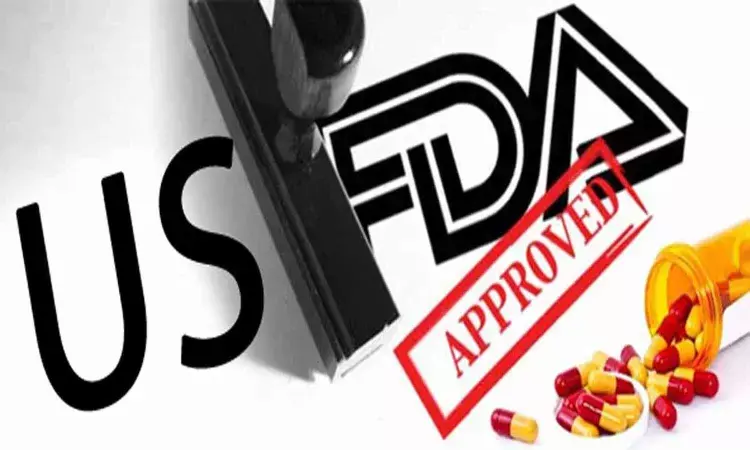- Home
- Medical news & Guidelines
- Anesthesiology
- Cardiology and CTVS
- Critical Care
- Dentistry
- Dermatology
- Diabetes and Endocrinology
- ENT
- Gastroenterology
- Medicine
- Nephrology
- Neurology
- Obstretics-Gynaecology
- Oncology
- Ophthalmology
- Orthopaedics
- Pediatrics-Neonatology
- Psychiatry
- Pulmonology
- Radiology
- Surgery
- Urology
- Laboratory Medicine
- Diet
- Nursing
- Paramedical
- Physiotherapy
- Health news
- Fact Check
- Bone Health Fact Check
- Brain Health Fact Check
- Cancer Related Fact Check
- Child Care Fact Check
- Dental and oral health fact check
- Diabetes and metabolic health fact check
- Diet and Nutrition Fact Check
- Eye and ENT Care Fact Check
- Fitness fact check
- Gut health fact check
- Heart health fact check
- Kidney health fact check
- Medical education fact check
- Men's health fact check
- Respiratory fact check
- Skin and hair care fact check
- Vaccine and Immunization fact check
- Women's health fact check
- AYUSH
- State News
- Andaman and Nicobar Islands
- Andhra Pradesh
- Arunachal Pradesh
- Assam
- Bihar
- Chandigarh
- Chattisgarh
- Dadra and Nagar Haveli
- Daman and Diu
- Delhi
- Goa
- Gujarat
- Haryana
- Himachal Pradesh
- Jammu & Kashmir
- Jharkhand
- Karnataka
- Kerala
- Ladakh
- Lakshadweep
- Madhya Pradesh
- Maharashtra
- Manipur
- Meghalaya
- Mizoram
- Nagaland
- Odisha
- Puducherry
- Punjab
- Rajasthan
- Sikkim
- Tamil Nadu
- Telangana
- Tripura
- Uttar Pradesh
- Uttrakhand
- West Bengal
- Medical Education
- Industry
Bayer bags USFDA Fast Track Designation for asundexian Stroke Program

Berlin: Bayer has recently announced that the U.S. Food and Drug Administration (USFDA) has granted Fast Track Designation for its investigational drug asundexian (BAY2433334) as a potential treatment for secondary prevention in patients with a non-cardioembolic ischemic stroke.
Asundexian is currently being studied in the PACIFIC Phase II clinical trial program that consists of three Phase IIb studies in over 4,000 patients with one of the following three medical conditions: atrial fibrillation (irregular heartbeat), a recent non-cardioembolic ischemic stroke or a recent myocardial infarction (heart attack). By specifically targeting a protein involved in pathological thrombus formation, but leaving the pathway involved in physiological vessel healing intact, FXIa inhibitors could have the potential to prevent events like stroke and myocardial infarction (MI) without a corresponding increase in bleeding risk.
"This program is designed to provide further support for the hypothesis that inhibiting FXIa with asundexian can reduce the risk of thrombotic events without increasing the risk of bleeding," the company stated.
Asundexian is an investigational agent and has not been approved by any health authority for use in any country, for any indication.
Ruchika Sharma joined Medical Dialogue as an Correspondent for the Business Section in 2019. She covers all the updates in the Pharmaceutical field, Policy, Insurance, Business Healthcare, Medical News, Health News, Pharma News, Healthcare and Investment. She has completed her B.Com from Delhi University and then pursued postgraduation in M.Com. She can be contacted at editorial@medicaldialogues.in Contact no. 011-43720751


